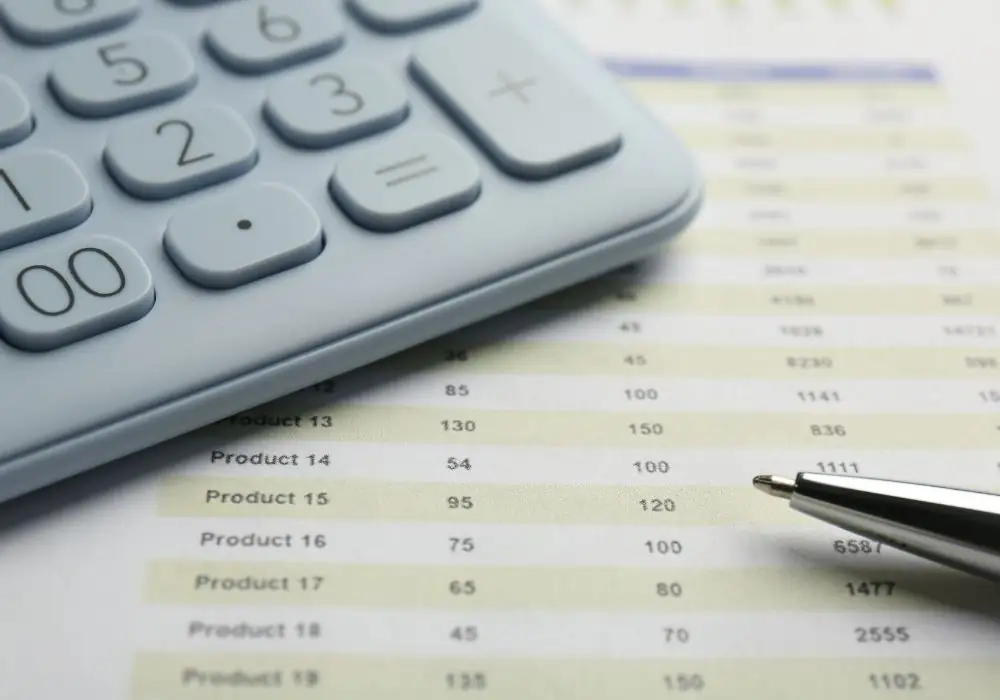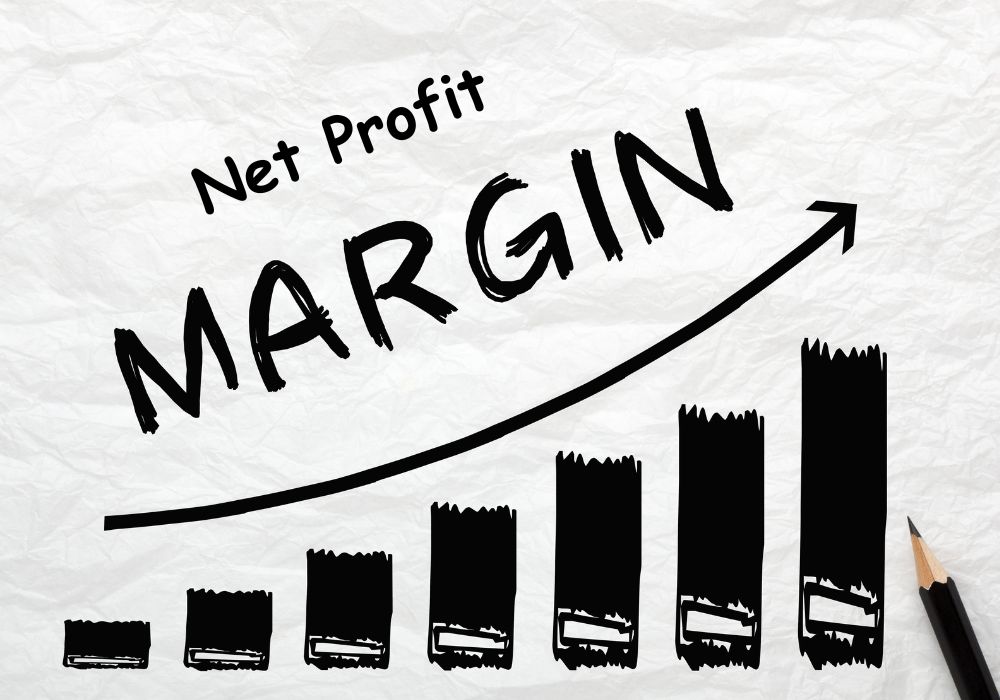- Generally Accepted Accounting Principles (GAAP) Means?
- Why GAAP Matters?
- What Are The 10 Principles of GAAP?
- 1. The Principle of Regularity
- 2. The Principle of Consistency
- 3. The Principle of Sincerity
- 4. The Principle of Permanence of Methods
- 5. The Principle of Non-Compensation
- 6. The Principle of Prudence
- 7. The Principle of Continuity
- 8. The Principle of Periodicity
- 9. The Principle of Full Disclosure
- 10. The Principle of Materiality
- GAAP vs. IFRS: How They Differ?
- Who Uses GAAP?
- GAAP FAQs
- Q: Is GAAP the same everywhere?
- Q: Can a company ignore GAAP?
- Q: Does GAAP apply to small businesses?
- Q: How often does GAAP change?
- Q: Why’s GAAP so complicated?
- Wrapping It Up
Financial reporting can feel like a wild jungle, but Generally Accepted Accounting Principles (GAAP) serve as a roadmap, guiding companies to maintain clear, consistent, and honest books.
In the U.S., GAAP is the go-to rulebook that ensures everyone’s playing by the same rules when preparing financial statements.
Think of it as the recipe that keeps every chef in the accounting kitchen whipping up the same dish—no one’s sneaking in extra spices or skipping ingredients.
This article dives into what GAAP is, why it’s a big deal, and how it keeps the financial world from turning into a chaotic bake-off.
Generally Accepted Accounting Principles (GAAP) Means?
GAAP is a set of standardized guidelines, rules, and procedures that companies use to prepare their financial statements.
Think of it as the grammar rules for accounting—without them, everyone’s just making up their own language, and nobody understands each other.
These principles ensure that financial reports are consistent, comparable, and reliable, whether you’re a small bakery or a multinational tech giant.
In the U.S., GAAP is the gold standard for financial reporting. It’s not just a suggestion; for publicly traded companies, it’s a requirement enforced by the Securities and Exchange Commission (SEC).
Private companies, while not always legally bound, often follow GAAP too, because it’s like showing up to a potluck with a dish everyone knows how to eat.
It builds trust with investors, creditors, and anyone else who cares about a company’s financial health.
So, where did Generally Accepted Accounting Principles come from? It wasn’t scribbled on a napkin during a coffee break. The Financial Accounting Standards Board (FASB) is the master chef behind GAAP, creating and updating these principles since 1973.
The FASB works with other organizations, like the American Institute of Certified Public Accountants (AICPA), to keep GAAP relevant in a world where business gets weirder every day—think crypto and NFTs.
Why GAAP Matters?
Just assume two companies are trying to woo the same investor. Company A says, “We made $10 million last year!” while Company B claims, “We earned $12 million!” Sounds great?.
But what if Company A counts revenue when a customer even thinks about buying, while Company B only counts it when cash hits the bank?.
Without GAAP, comparing those numbers is like comparing apples to… well, spaceships. GAAP levels the playing field by making sure everyone measures their financials the same way.
Here’s why that’s a big deal:
- Consistency: GAAP ensures a company’s financial statements look the same year after year. No sneaky changes to make last year’s disaster look like a win.
- Comparability: Investors can stack one company’s financials against another’s without needing a decoder ring.
- Transparency: GAAP forces companies to spill the beans on their financial health, reducing the chances of shady accounting tricks.
- Credibility: Following GAAP is like a company saying, “We’re not hiding anything weird in the books—promise!”
Without GAAP, it’d be the Wild West of accounting. Companies could cook their books however they wanted, and investors would need a crystal ball to figure out who’s actually profitable.
GAAP keeps things boring in the best way possible—predictable and trustworthy.
What Are The 10 Principles of GAAP?
GAAP isn’t just one rule slapped on a Post-it note. It’s a collection of principles, standards, and interpretations that cover everything from revenue recognition to balance sheet formatting. Let’s break down some of the big ones, without getting too bogged down in accounting jargon.
1. The Principle of Regularity
Accountants are creatures of habit. This principle says they should stick to the same methods and rules consistently.
No switching from one accounting method to another just because it makes the numbers look prettier. It’s like sticking to the same workout routine instead of jumping from yoga to CrossFit to interpretive dance every week.
2. The Principle of Consistency
This one’s about keeping things uniform over time. If a company reports inventory one way this year, it can’t just flip to a different method next year without a good reason. Consistency lets investors track performance without wondering if the rules changed mid-game.
3. The Principle of Sincerity
Yes, accounting has a principle that basically says, “Don’t lie.” Accountants should provide an honest, unbiased picture of a company’s finances.
No fudging numbers to impress the boss or investors. It’s the accounting equivalent of “keep it real.”
4. The Principle of Permanence of Methods
This one’s a cousin to consistency. It says the same accounting methods should be used across similar transactions.
For example, if a company uses a specific way to value inventory, it sticks with it. No cherry-picking methods to make the books look better.
5. The Principle of Non-Compensation
This is GAAP’s way of saying, “Don’t hide your debts by pretending your assets cancel them out.” Companies can’t offset a liability with an asset or sweep bad news under the rug. Full disclosure is the name of the game.
6. The Principle of Prudence
Accountants are cautious folks. This principle says financial reporting should be based on facts, not wishful thinking.
If there’s uncertainty about revenue, don’t count it until it’s a sure thing. It’s like not eating dessert until you’re sure dinner’s paid for.
7. The Principle of Continuity
This assumes a business will keep running tomorrow, next week, and next year. It’s not about planning for a fire sale unless there’s a real reason to think the company’s shutting down. This keeps financial statements focused on the long haul.
8. The Principle of Periodicity
Time matters in accounting. This principle says financial reporting should be broken into standard periods—like quarters or years.
It’s why companies don’t just dump 10 years of data in one giant report. Nobody’s got time for that.
9. The Principle of Full Disclosure
If it’s important, spill it. Companies must share all relevant financial information that could affect decisions. Think of it as the fine print on a contract—annoying but necessary.
10. The Principle of Materiality
Not every penny needs a novel written about it. This principle says accountants should focus on what’s significant.
A $10 error in a billion-dollar company? Probably not a big deal. A $10 million error? That’s worth a deep dive.
These principles work together to create financial statements that are clear, honest, and useful. They’re like the guardrails that keep accounting from veering into chaos.
GAAP vs. IFRS: How They Differ?
Now, let’s talk about GAAP’s international cousin, IFRS (International Financial Reporting Standards). While GAAP is the U.S.’s go-to, IFRS is used in over 140 countries, including most of Europe, Asia, and Australia.
They’re similar in spirit—both want clear, reliable financial reporting—but they differ in the details.
For example, GAAP is more rules-based, with specific guidelines for every scenario. IFRS is more principles-based, giving companies some wiggle room to interpret standards.
It’s like GAAP is a strict teacher with a 500-page textbook, while IFRS is the cool professor who says, “Just get the gist.” Neither is inherently better, but merging them has been a dream of accountants for years. Spoiler: it’s not happening anytime soon.
Who Uses GAAP?
Almost every publicly traded company in the U.S. has to follow GAAP, thanks to the SEC. Private companies can sometimes opt out, but many stick with it to look legit to banks, investors, or potential buyers.
Even nonprofits and government entities often use GAAP or a modified version to keep their books tidy.
GAAP FAQs
Q: Is GAAP the same everywhere?
Nope! GAAP is specific to the U.S. Other countries use IFRS or their own standards. It’s like how Americans say “soccer” and the rest of the world says “football.” Same game, different name.
Q: Can a company ignore GAAP?
If it’s a publicly traded company, no way—unless they want a stern letter from the SEC. Private companies have more flexibility but often follow GAAP to keep things legit.
Q: Does GAAP apply to small businesses?
Small businesses can sometimes use simpler accounting methods, like cash-basis accounting. But if they want to play with the big dogs (like getting a bank loan), GAAP’s usually the way to go.
Q: How often does GAAP change?
The FASB tweaks GAAP regularly to keep up with new business trends—like how to account for crypto or leases. It’s not a daily update, but think of it like a phone software patch now and then.
Q: Why’s GAAP so complicated?
It’s not trying to be a pain. GAAP is detailed because businesses are complex, and financial shenanigans are real. The rules are there to close loopholes and keep everyone honest.
Wrapping It Up
GAAP might not sound alluring, but it’s the backbone of trustworthy financial reporting. It’s the reason investors can compare Apple to Microsoft without pulling their hair out.
It’s why banks don’t have to play detective to lend money. And it’s why accounting, despite its reputation for being dull, doesn’t descend into anarchy.
Next time someone mentions GAAP, don’t yawn. Deem it as the superhero keeping the financial world from turning into a bad reality show.
With GAAP, everyone’s speaking the same financial language, and that’s something worth praising.







